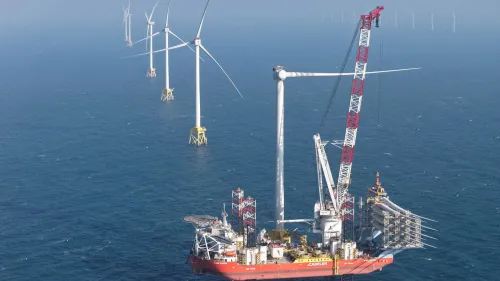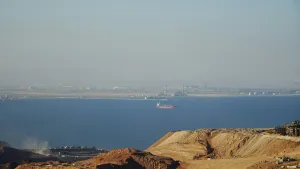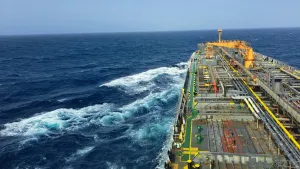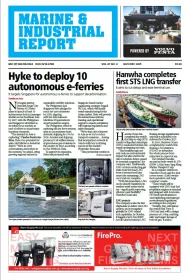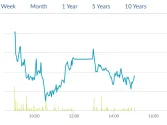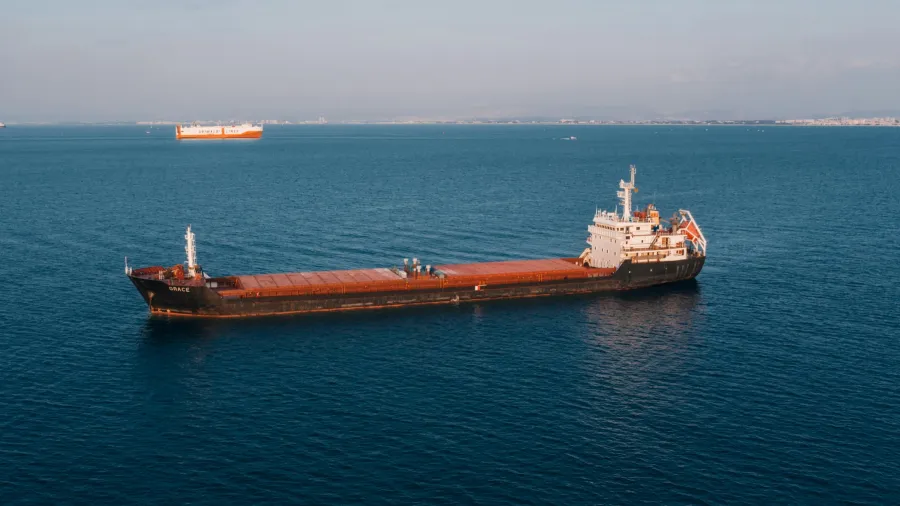
What drove hull premium performance last year?
However, the underlying risk environment is intensifying, leading to a “soft environment.”
The global hull premium increased by 3.5% to $9.67b in 2024, according to the International Union of Marine Insurance (IUMI).
In a statement, IUMI said Asia/Pacific accounted for 35% of the hull premiums, whilst Europe dominated with 53%.
“This concentrated picture meant that there was ‘intense competition' in the key regions and ‘significant vulnerability' in the event of a major loss in a key premium centre,” IUMI said.
The global fleet also increased by 4% in value, reaching $1.54t. This, and a robust sale and purchase market, indicated positive economic sentiment but significantly increased exposure as well.
According to Ilias Tsakiris, chair of the IUMI Ocean Hull Committee, the ocean hull market is returning to a “soft environment”.
“Whilst the overall premium base continues to rise, the underlying risk environment is intensifying, driven by an ageing fleet, more severe losses, geopolitical shocks and the operational complexity of the energy transition,” he noted.
The ageing fleet is “a quiet but powerful driver of claims,” said Tsakiris.
The average world fleet age is 22.6 years, with 35% of ships more than 25 years and 61% more than 15 years. Meanwhile, the order book for replacement vessels is a modest 16% of the existing fleet, and scrapping sits at multi-year lows.
Older ships, or those 20 years old and up, accounted for 52% of all incidents last year. These kinds of ships are often uneconomical to repair, which leads to constructive total losses or even unrepaired damage claims.
When it comes to energy transition, 3,466 newbuilding orders were placed last year, of which approximately 25% were designed to run on alternative fuels. In 2025, there have been 763 orders to date, of which 31% are alternative-fuel capable.
“We will be insuring more complex machinery with less repair history, and yet the replacement effect is limited, so the average age of the world fleet will continue to rise even as new ships arrive,” said Tsakiris.
Geopolitical shocks also continue to have a significant impact on the marine insurance market. Such events require rerouting, which adds time, cost, and heavy-weather exposure for shipowners and for underwriters.
“War premiums are higher but accumulation of risk is harder to control, and the human toll — with detentions, kidnappings, and crew abandonments — continues to rise,” said Tsakiris.
